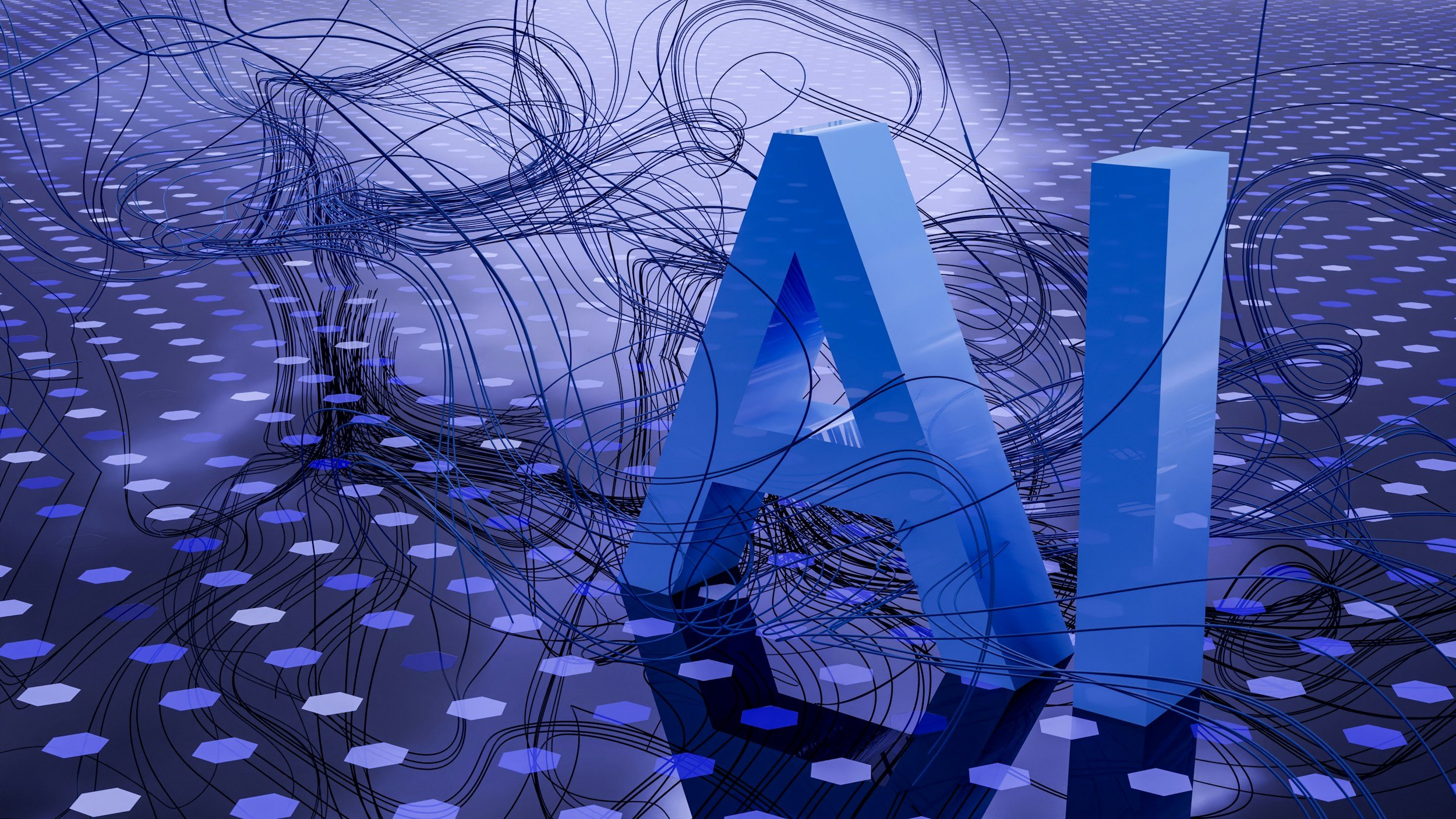Here are a few technology trends I am following. By no means an exhaustive list, so I would love to hear more about what you are hearing about, especially coming out of CES, ISE, SXSW, and other recent events.
Ultra-Fast Charge, High Capacity Batteries: This is the key to the end of the combustion engine. A world where torque reigns and the electric vehicle is in every garage (or at the end of every Lyft call). At the end of last year, Toshiba announced a 200 mile battery that charges in 6 minutes, and although this one doesn’t appear to be out of the lab yet, every multi-industrial and every car company seems to be investing here. The implications of this shift not only change industries, but our environment and travel practices as well. But perhaps we won’t be ACTUALLY going anywhere if the next trend catches on.
Augmented Reality/Mixed Reality: Before we go virtually landing aircraft in our living room or visiting the Louve from Los Angeles, I have seen some great practical applications for the technology in technical field repair work and training. I also love the application of virtual reality for architecture, as despite our technology advances, humans as a species have a very difficult time visualizing. We simply can’t imagine what a carpet tile will look like replicated across our entire office space or how a vaulted ceiling will “feel” once it is installed. We had great success with this kind of visualization tools (here is an example) at my previous company, who wanted you to know what your space (or one like it) would look like with a big video wall installed. So, before we replace our physical world with some dystopian future where people in grim warehouses think they live in luxury due to their headsets, I think we can build and maintain a more beautiful and functional world using these new tools.
Light Field Technology: Related to the category above, light field technology has a promise to change the way virtual images show up in the real world. MagicLeap gave the world a holiday present with it’s long leaked and teased light field technology, but as someone who came from the display world, the core science here is very interesting and will spark a whole lot of innovation before we are done. Check out what Leia (named less for the princess than after her “Obi Won Kenobi, you are our only hope” hologram in the Star Wars movie) is working on or geek out on some of the technical papers of the Society for Information Display.
Motion Capture: I loved the pioneering work that OptiTrack does here (full disclosurer: I was with Planar and Leyard when we acquired the company in 2017). I also love how the optical science was originally inspired as a method for mouse replacement for a disabled family member of the then teen-aged founder/inventor, who earlier had won a science competition at 12 years old for building a hoverboard, but I digress. Now, technology of this type is used for motion science research, as well as Hollywood productions and gaming that is changing the realism of what we see. And all because we found a way to sensor up real motion so that we could build better models.
Internet of Things: I would be remiss to list out a technologies to watch list without listing this ubiquitous term that is underlying the growth of companies from start-ups in garages to industrial giants like GE and Honeywell. That said, I think that IoT should probably stand for the “instrumentation of everything.” Why would you use a camera technology (however sophisticated it might be) to identify intruders, when you could use the door, window, or floor covering itself? Why would you need a refrigerator to tell you whether your fruit has spoiled when your robot chef has already taken inventory and is whipping up a batch of banana bread? Why not prevent tripping or falls (which account for more injuries and deaths each year as the population in developed countries ages) with lights triggered by personal beacons and air bags on stairways? With modern day processing and sensors literally in everything, it will be awesome to see what simple solutions arise to real problems.
Artificial Intelligence: This buzz word is SO buzzy that it has spun-out a few additional buzz words to clutter the landscape: deep learning, machine learning, and data science. It is the underlying technology behind self-driving cars and trucks and will be very disruptive to the logistics industry overall. It is an arm’s race not just between companies and research universities, but between countries. Even content, like news articles or promotional videos, will be created auto-magically using these new tools (and their new friends in natural-language generation, video, image manipulation, and 3D modeling).
Fake News: Okay this is a trick one. It really isn’t a technology, but one enabled by a collection of inter-related technologies. We hate fake news. As a marketer, I particularly dislike “smoke and mirrors” pre-releases that feature only Photoshop wizardry, photorealistic 3D renderings, and the promise of things not yet possible. Add to that VoCo which allows you to “Photoshop” your voice to sound like anything or anyone. It is amazing how the technology is advancing. We can’t tell the filtered from the real anymore and with folks like Adobe leading the charge, this will only get harder. This is one to watch as it will change (and has changed) the need for media literacy and the nearly impossible ability we will have to discern it. But maybe with our sensored world, we will just trust the data and skim the news.







